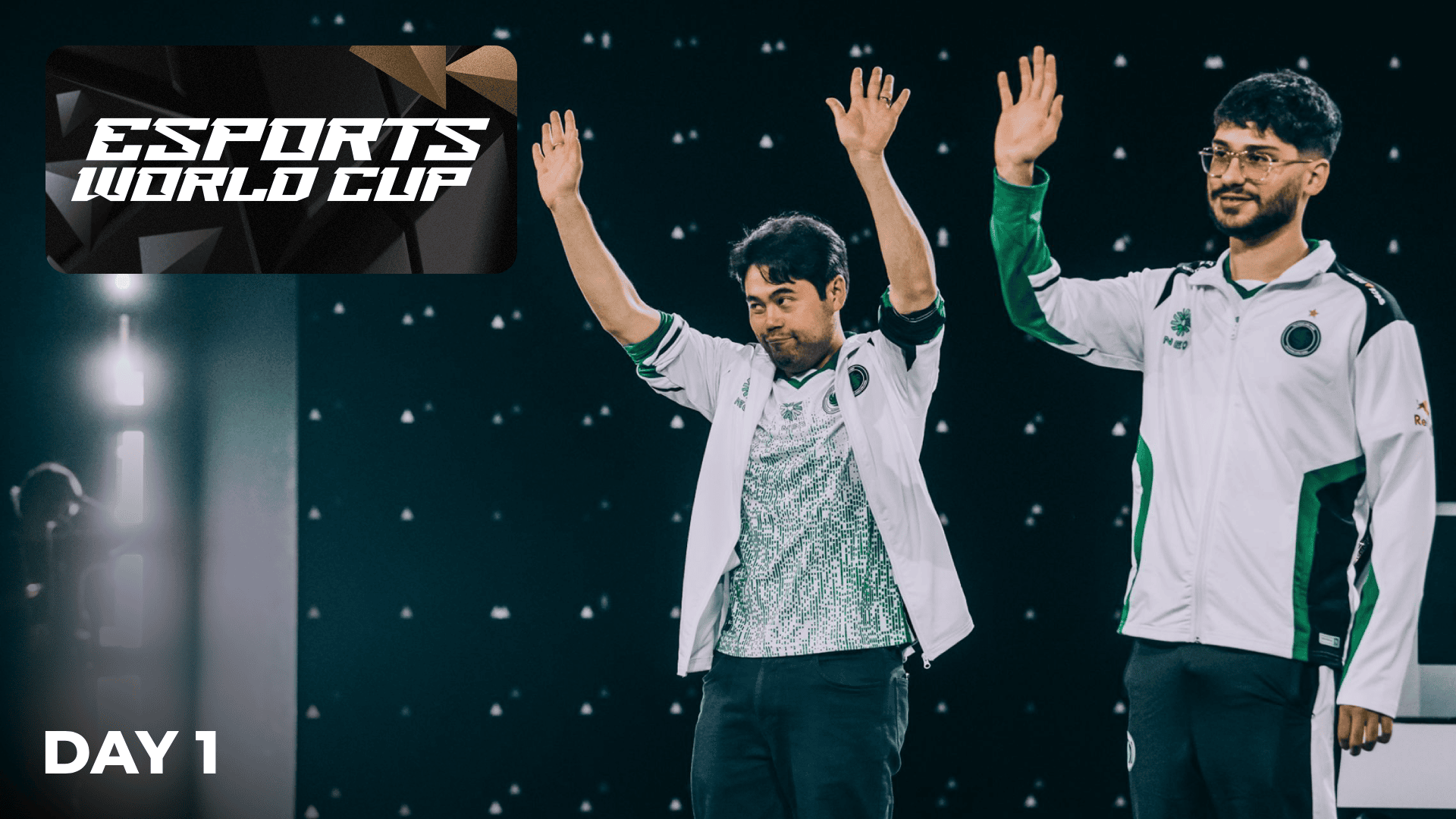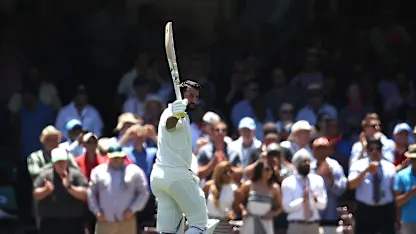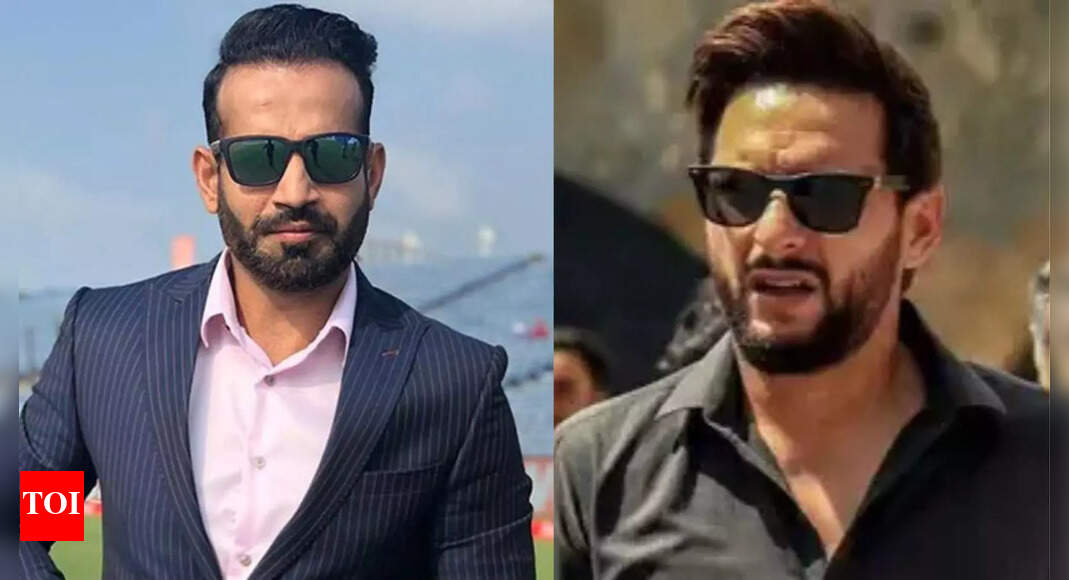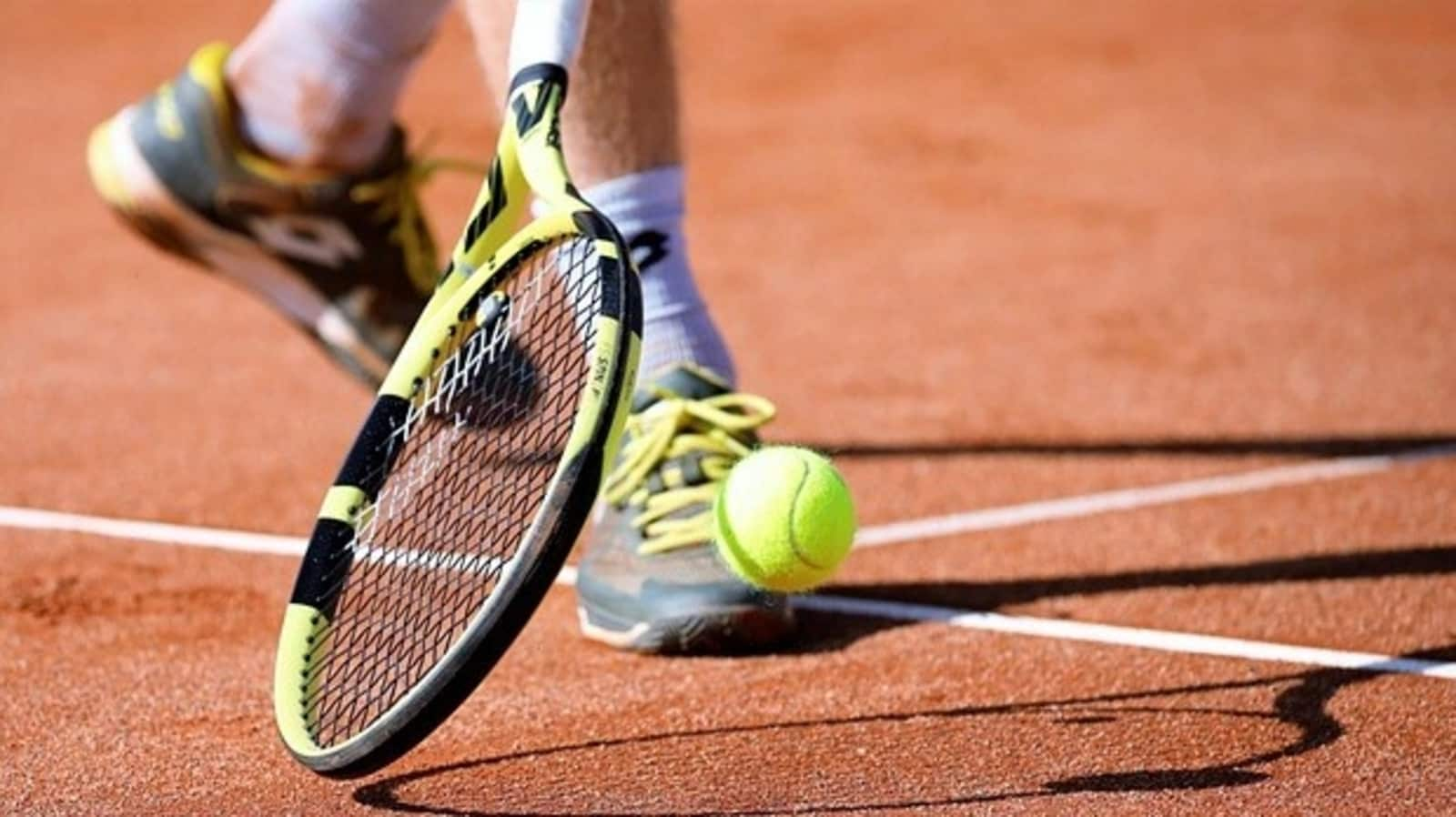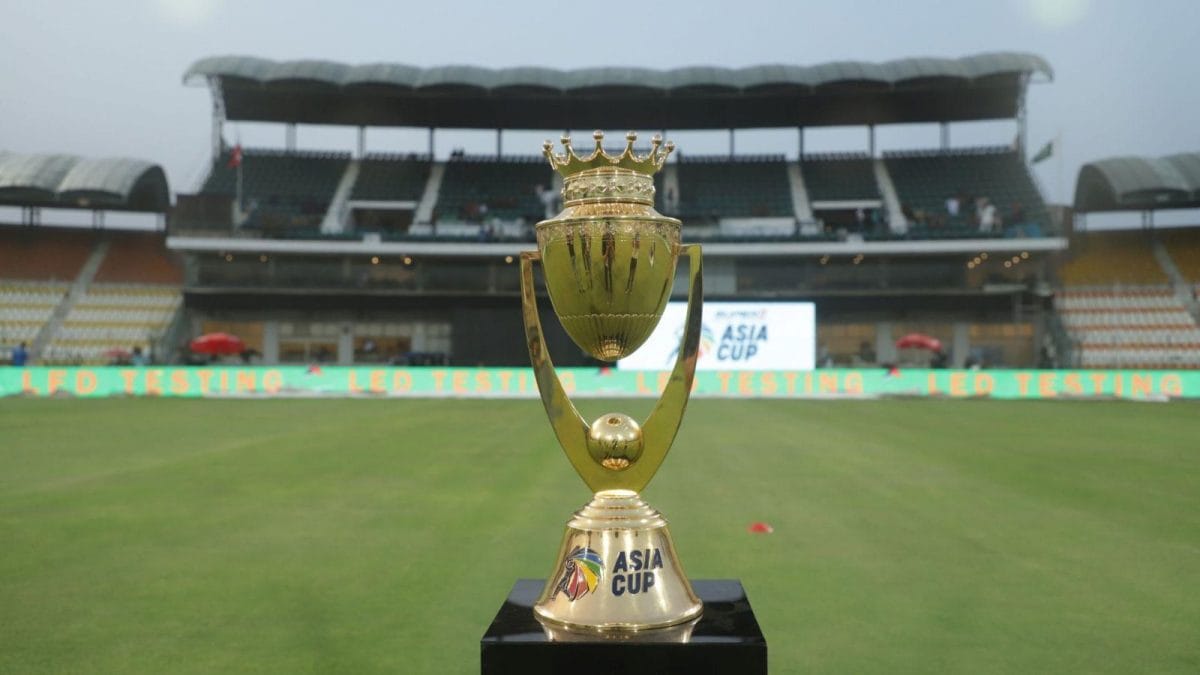GMs Levon Aronian (Group A), Arjun Erigaisi (Group B), Alireza Firouzja (Group C), and Magnus Carlsen (Group D) all won two matches to reach the Quarterfinals of the 2025 Esports World Cup.
On their last lives in the Losers Brackets are GMs Ian Nepomniachtchi, Vladislav Artemiev, and Andrey Esipenko in Group A; GMs Anish Giri, Nihal Sarin, and Maxime Vachier-Lagrave in Group B; GMs Javokhir Sindarov, Wei Yi, and Hikaru Nakamura in Group C; and GMs Nodirbek Abdusattorov, Fabiano Caruana, and Jan-Krzysztof Duda in Group D.
Day two is on Wednesday, July 30, starting at 8 a.m. ET / 14:00 CEST / 5:30 p.m. IST.
Esports World Cup: Format & Players
It’s finally here. The $1.5 million event, announced by Chess.com last December, has brought together 16 of the world’s best players to represent various Esports companies for the first chess tournament in the Esports World Cup, held in Riyadh, Saudi Arabia. You can see all of the participating players in the graphic below.
Note that GM Vladimir Fedoseev withdrew and was replaced by Esipenko, who was next on the CCT leaderboard.

In line with other live chess Esports events, players wear earphones under noise-cancelling headphones and can listen to the music of their choice. They play on computers in front of a live audience, which they cannot hear.

The prize pool is handsome. Even if one were to hypothetically lose every game, they’d leave with $50,000.

The time control is 10+0 and every encounter is a two-game match (with a possible armageddon tiebreak). We start with the Group Stage on July 29-30, and only half the field will make it to the Playoffs on July 31-August 1.

There are four groups (A-D) and four players within each group; two from each will advance to the Playoffs. There is a Winners Bracket and Losers Bracket, without any Grand Final. So the players who won their Winners Bracket have already advanced, while one player will advance from the Losers on Wednesday.
The top four seeds were assigned to different groups and chose who else would be in the groups by a drafting system. You can watch the draft take place at the start of the broadcast below:
With the groups chosen, we dive into the chess.
Group A: Aronian Advances
Aronian made it to the Playoffs, while just one of the remaining players will get the second spot. As stated above, Aronian will not have to play the winner of the Losers Bracket in this format; they both advance.

Esipenko 1.5-0.5 Nepomniachtchi
Esipenko won the first match against Nepomniachtchi, taking the full point in game two after a draw in game one.
Nepomniachtchi was in trouble both games, and Esipenko exhibited incredible opening preparation to get good positions. In game one, 9…Kf7! (following up 6…f5!?) in the Open Spanish Game was a shocker, though he’d played it in two Titled Tuesday games previously. Nepomniachtchi went on to defend a losing, and then worse, position. Let’s take a look at the opening moves:
Esipenko then outplayed his opponent in a Jobava London, but it all came down to a queen vs. rook endgame. With under a minute, he said that even he thought it might end in a draw, but Esipenko pulled through and converted it. Notice, in the clip below, he has just 12 seconds to win the game.
The tournament starts with an upset! Esipenko advances in the Winners, While Nepomniachtchi drops to the Losers.https://t.co/05rX8v6nQT #EsportsWorldCup📷 pic.twitter.com/7mRpDa9XHS
— chess24 (@chess24com) July 29, 2025
Aronian 2-1 Artemiev
In the other match, Aronian outplayed Artemiev in game one, but ultimately won by flagging when his opponent reached a drawn rook vs. rook endgame without pawns.
Levon Aronian (Team Reject) flags Vladislav Artimiev (Team Spirit) in their 1st game! https://t.co/7gHjTb0lHY pic.twitter.com/s5A2gO7nIg
— chess24 (@chess24com) July 29, 2025
Artemiev won on demand in game two to reach armageddon, but the Armenian-American made a comfortable draw in the tiebreak to win the match.
Aronian 2-0 Esipenko
Aronian then faced Esipenko for the Playoffs spot. He won both games, with the second being even more dominant than the first.

Aronian won game one in an opposite-color bishop endgame, with queens on the board. The game ended not with resignation but with checkmate.
In the second game, 13…Rxc3!! was one of the star moves of the day. The exchange sacrifice ripped open the white king, which was in grave danger even after the queen trade.
Aronian explained that he’d learned from his previous encounter with Esipenko in the LCQ qualifying event, which he won in armageddon: “In the previous match against Andrey I played passively and I almost paid the price… I made the mistake a few times this tournament, so I am trying to stay away from staying passive.”
I am trying to stay away from staying passive.
—Levon Aronian
Asked whom he’d like to play in the event, he said that everybody’s strong and just about anyone would be a favorite against him—in his opinion. But he added, “I love to play chess, so I am just here to enjoy it.”
Group B: Arjun Advances
Arjun won Group B, and Vachier-Lagrave has the relatively best position to win it in the Losers Bracket.

Vachier-Lagrave 1.5-0.5 Giri
Vachier-Lagrave won an impressive first game against Giri and then consolidated the match by holding a draw in game two. In game one, he found a creative, tactical way to trade a piece for three pawns, and ultimately he won with a decisive double attack.
Told that his heart rate was relatively calm in game two, given the stakes, he said, “I am glad to hear my heart was chill because I could feel it bouncing!”
He said game one was nice, and in game two “after I found my tactics, I had more control.” 24…Bxf2!! was one such tactic, with the point that if the bishop is taken 25.Qxf2 Nxe4 wins back the piece, either the one on c3 or f5.

Arjun 2-0 Nihal
Meanwhile, Arjun beat his compatriot, but it was a closer than the score will lead you to believe.

Arjun won game one with an outside passed pawn, but game two was the clincher. Nihal, needing to win on demand, was on the cusp of doing just that—but in the time scramble he collapsed and even managed to lose, though a draw would have been equivalent.
Nihal just barely missed out on armageddon. His reaction was devastating.

Arjun 2-1 Vachier-Lagrave
Arjun then won his second match against the French legend. He was off to a good start after a black win in the French Defense. Arjun pinpointed the mistake exactly in the interview, “I think he mixed up some move order with f5 and that’s why …Bc5 was already better, and not only I’m better but it’s easier to play with Black and White has to find some tough moves to be slightly worse.” The task of defending was too tall an order from there.
Vachier-Lagrave performed absolute magic in game two when he won from a lost position to reach armageddon, but Arjun won with White there to take the whole match. But check out this swindling sorcery from game two:
Group C: Firouzja Advances
Firouzja advanced after defeating Wei and then Nakamura.

Nakamura 2-0 Sindarov
Nakamura won the first match with a sweep, but the lopsided score again does not tell the story. Sindarov was the one pressing, and winning, for most of game one…
… that is, all the way until he blundered a checkmate in one move when under time pressure.
It seems Nakamura gets “lucky” like this pretty often, but he wasn’t so surprised the blunder happened. He explained he’s just better in time scrambles, saying, “I had to avoid the trades and I knew that my speed would just be better.”
Hikaru explains how he turned game one around: “If I get low on time, and my opponent’s on the same amount and we’re under a minute, I’m the favorite… I had to avoid the trades and I knew that my speed would just be better.”#EsportsWorldCup pic.twitter.com/SI3kGKN2X1
— chess24 (@chess24com) July 29, 2025
Before the following match ended, Nakamura said he’d prefer to get Wei as his next opponent “because he’s a little bit weaker.” That was our first trash talk of the day, but Firouzja did not offer his teammate that favor.
Firouzja 1.5-0.5 Wei
Firouzja won game one and drew game two to take the match. In a time scramble, Wei made the decisive blunder with just 19 seconds against 29, losing a piece and the game.
Firouzja 1.5-1 Nakamura
This match—between two players on the same team—was essentially Carlsen’s fault. In the drafting process, Carlsen was the first to choose and put Firouzja into Group C; in return, Nakamura retaliated by putting Caruana in Group D.

We saw a cagey match, with all three games ending in draws. The first two were high-accuracy draws. Then, the armageddon was an opening disaster for Nakamura, and it ended with Firouzja, with an extra piece, forcing a draw. Firouzja said, “It was a crazy game. I think just everything went wrong for him from the beginning and then nerves came to the game and it’s tough.”
It wasn’t as clean as it could have been, as Firouzja explained, “I just lost [for] one second the whole control of the game and I blundered the pawn, and then I had to readjust and try to be fast and somehow play for the best, but it was really hard. I was a bit lucky that my position was so good it was really hard to mess it up.”
You can watch Nakamura’s video recap below.
Group D: Carlsen Advances
Last but not least, we get to the last group, which Carlsen won convincingly.

Carlsen 1.5-0.5 Abdusattorov
Both of Carlsen’s matches followed the same formula: win with White in game one, draw with Black in game two.
Game one against Abdusattorov was a typical endgame grind, a win from a seemingly innocuous position. Out of nowhere, Carlsen threatened a checkmate and Abdusattorov had no choice but to give up the exchange.
Carlsen then drew game two. He said that the Uzbek number-one “did a very good job for a long time in the first game defending… I was trying to keep pace up on the clock… he was doing well with that, and maybe a little bit too good since he blundered with a lot of time left on his clock. But overall it felt good and I was just trying to play by intuition, flow, more than anything else.”
I was just trying to play by intuition, flow, more than anything else.
—Magnus Carlsen
Just after, he said the following: “Of course it’s unfortunate that Fabi is in the same group as I am, but I hope he wins his match so that I can face him.” But Duda didn’t let that happen.

Caruana 0.5-1.5 Duda
After a draw in game one, Duda won the second from a lost position. He explained, “I think I got worse positions in both of the games… the second game was crucial of course, I guess he just blundered the only trick in the position, but overall I kind of liked my position.”
Time scrambles have decided several games in this event, often spinning an expected result in the opposite direction. On the quick time control, Duda said, “It’s something new. I’m not really into flagging, I would rather prefer to win normally, but in a sense it makes me play faster.”

Carlsen 1.5-0.5 Duda
Carlsen won again with White in the second match, playing an extremely combative version of the Catalan Opening—a setup he’d prepared at the world championship level. Game one is our Game of the Day, where Carlsen took great risk by sacrificing a pawn and then castling queenside. He outfoxed his opponent in the ensuing complications, which GM Rafael Leitao analyzes below.
Carlsen drew the second game to win the match and summed up the day: “I was a little bit anxious for the first match, but that one went relatively well. I was kind of more relaxed going into the second, but it turned out to be a very difficult match. I think both games were extremely complicated and I managed to pull through, not without some adventures.”
We will have further adventures on Wednesday. Eight players will be eliminated, while four more will make it through to the Playoffs.
How to watch?
The 2025 Esports World Cup in Riyadh, Saudi Arabia, features chess for the first time, with a $1.5 million prize fund and $250,000 for first place, while chess players are also part of esports teams that share a $27 million prize fund. Twelve players qualified for the main event via the Champions Chess Tour, while four qualified in the Last Chance Qualifier (July 24-26) in Riyadh. The main event (July 29-August 1) is first split into four groups of four players. Half of the players will be eliminated before the top eight compete in a knockout Playoff for the top prizes. The time control for all games is 10 minutes, with no increment.
Previous coverage:

